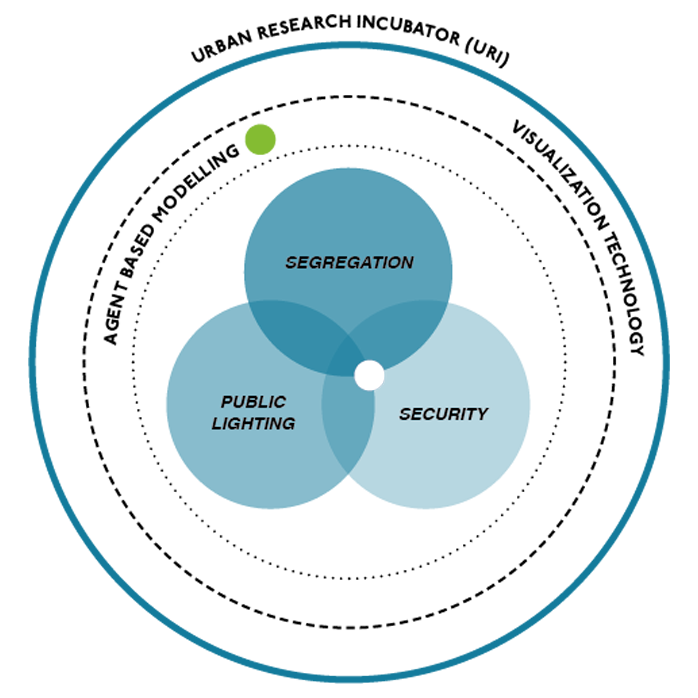Urban Upgrading, Community Empowerment and Crime Reduction in Cape Town and Bogotá

Background
Crime and violence continue to plague marginalised neighbourhoods of cities in the Global South, presenting innumerable challenges to the achievement of wellbeing and human development for those communities. One promising means to address this issue that has emerged in recent years is that of urban upgrading interventions based on key principles from what is known as Crime Prevention through Environmental Design (CPTED). However, while showing great potential, and despite receiving strong political support in contexts such as Cape Town, South Africa, and Bogota, Colombia, little evidence exists regarding the effectiveness of this type of intervention so far in reducing the risk of crime, or on the mechanisms through which such effects occur.
Research Question
How, and through what mechanisms, have urban upgrading interventions incorporating CPTED principles affected the risk of crime in public space in marginalised neighbourhoods in Cape Town and Bogota?
Policy Relevance
The reduction of crime and violence remains a top policy priority for the governments of Cape Town, Bogotá and beyond. Integrated urban upgrading strategies have been touted as ways to potentially achieve this goal, but more evidence is needed on their effectiveness, and on the mechanisms through which they work, to know whether and how these strategies can be expanded to other marginalised areas.
Related work
Project Thematic
This project is lead by Sam Lloyd
Partners


